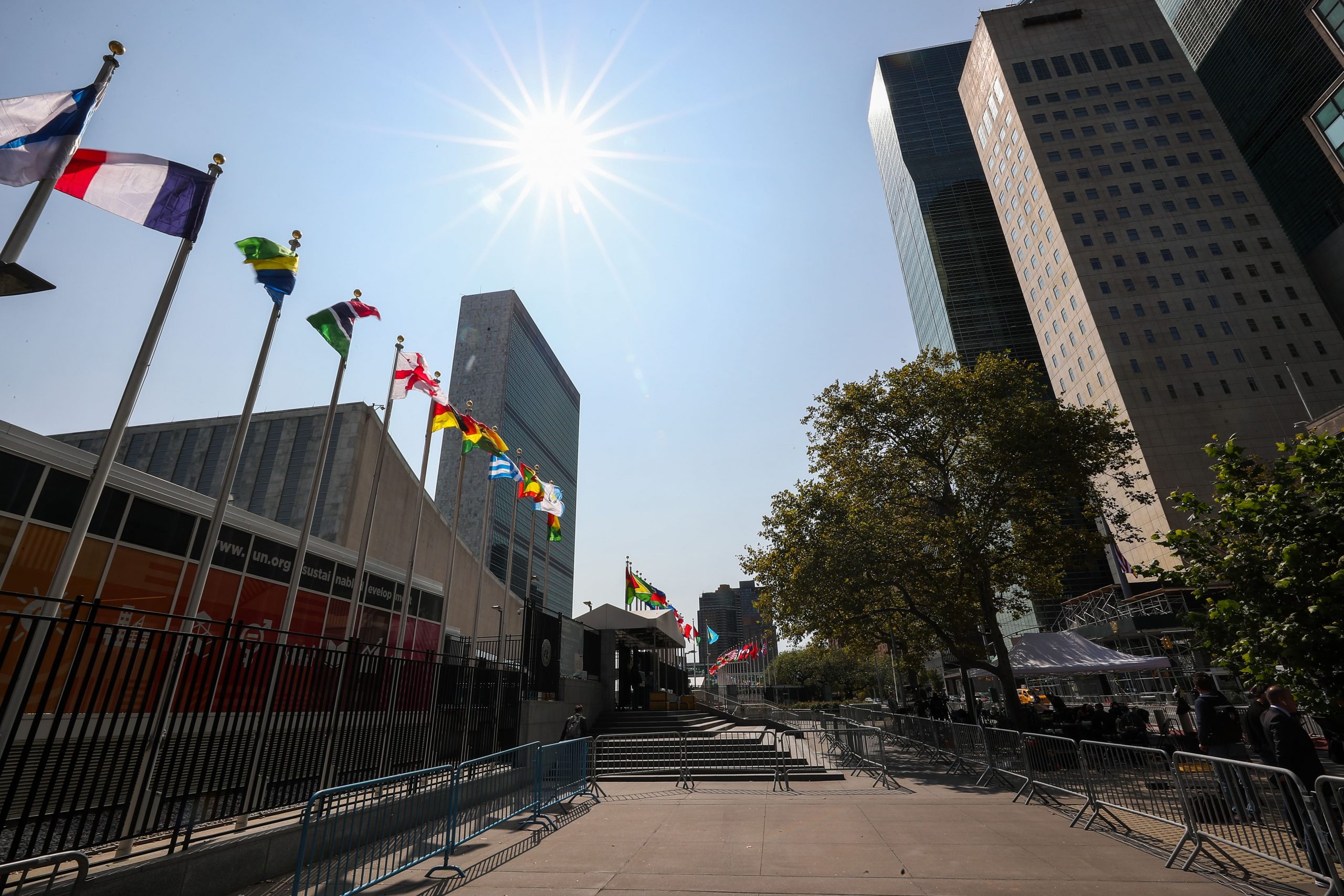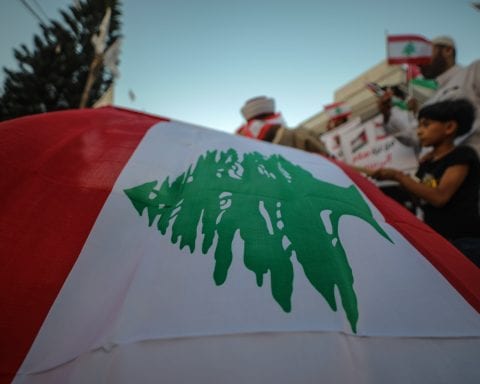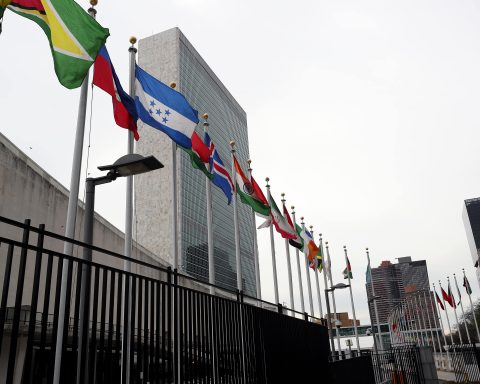The UN Economic and Social Commission for Western Asia (ESCWA) has reported that poverty in Lebanon has “drastically increased” over the previous year and now affects about 82 percent of the population.
In a report published under the title: “Multidimensional Poverty in Lebanon: Painful Reality and Uncertain Prospects,” ESCWA, which was founded in Beirut, said 82 percent of the Lebanese population lives in multidimensional poverty, which reflects factors other than income such as access to health, education, and public utilities.
ESCWA stated that a report published last year found the poverty rate jumped from 28 percent to 55 percent between 2019 and 2020. However, this poverty rate has nearly doubled, according to the UN body, from 42 percent in 2019 to 82 percent in 2021.
ESCWA Executive Secretary Rola Dashti, in contradiction of this backdrop, repeated her call for the establishment of a social solidarity fund to alleviate the country’s humanitarian crisis.
Dashti recalled that in 2020, ESCWA put forward a proposal calling on the richest people in Lebanon, who held nearly $91 billion of wealth at the time, to fund the gap for poverty eradication by making annual contributions of 1 percent of their net wealth. Inflation soared to 281 percent between June 2019 and June 2021 in Lebanon, the study said, adding that currency depreciation and inflation have led to a significant decrease in living standards.
The share of households deprived of health care, according to the recent report, increased to 33%, and the share of those unable to obtain medicines climbed to more than half. Extreme multidimensional poverty affects 34 percent of the population today, it said.
The ESCWA Executive Secretary expressed that “mitigating the impact of the crisis requires solidarity and cooperation between all segments of the Lebanese society.”
Besides a political crisis, the Arab country is facing socio-economic difficulties for the past two years. This was alleviated on August 4 after an explosion last year at Beirut’s port killed at least 216 people and injured more than 6,500.














